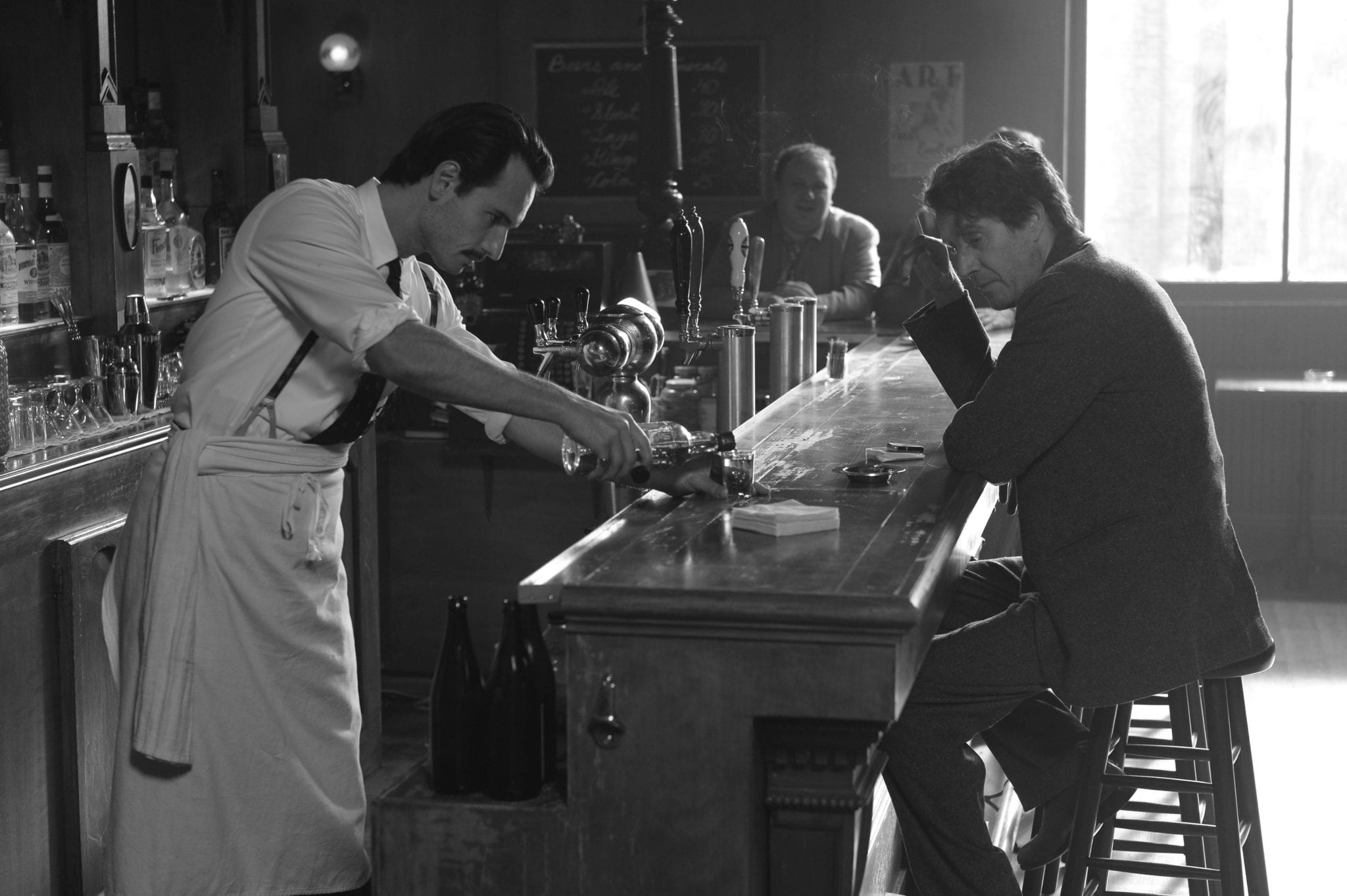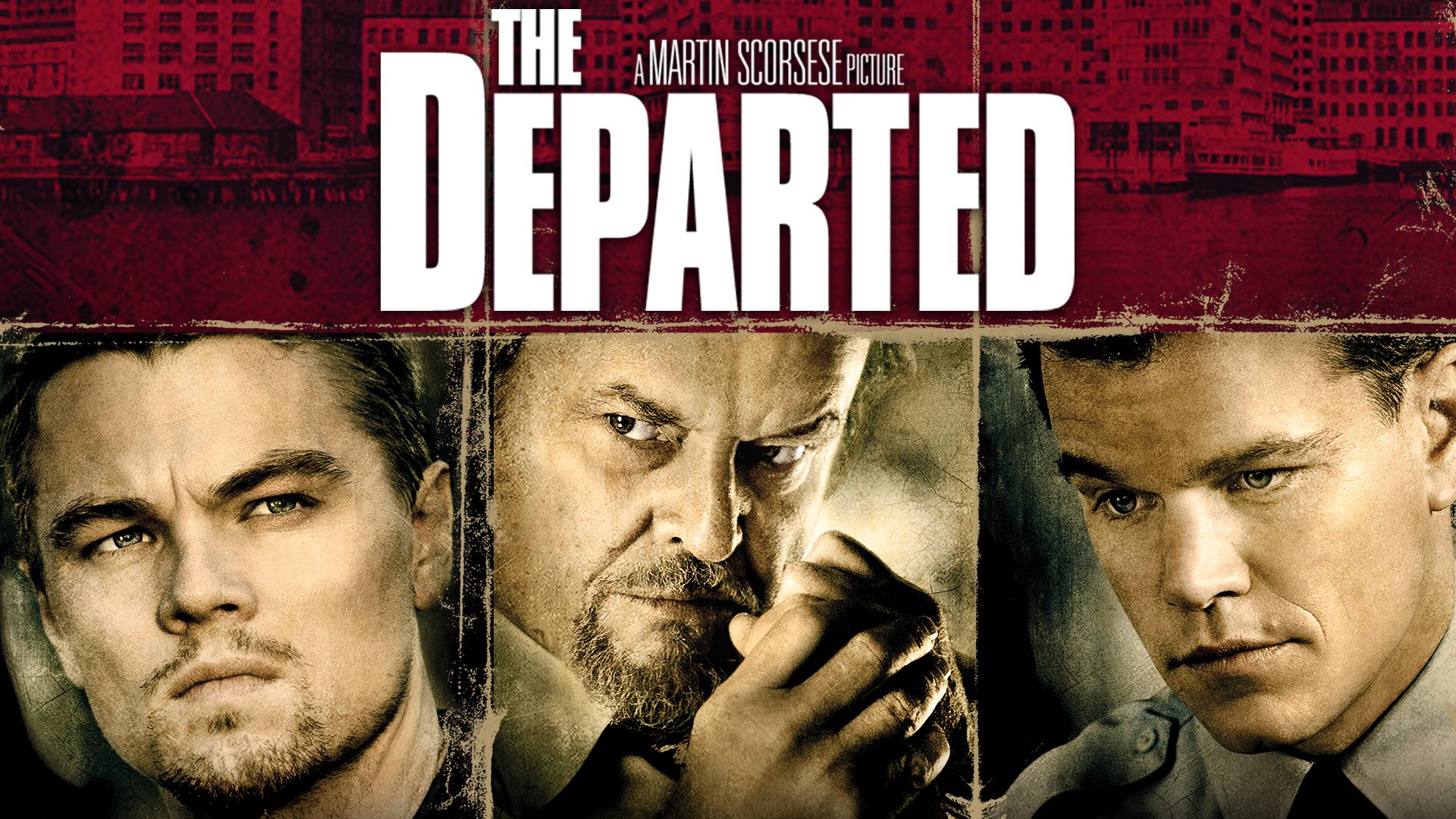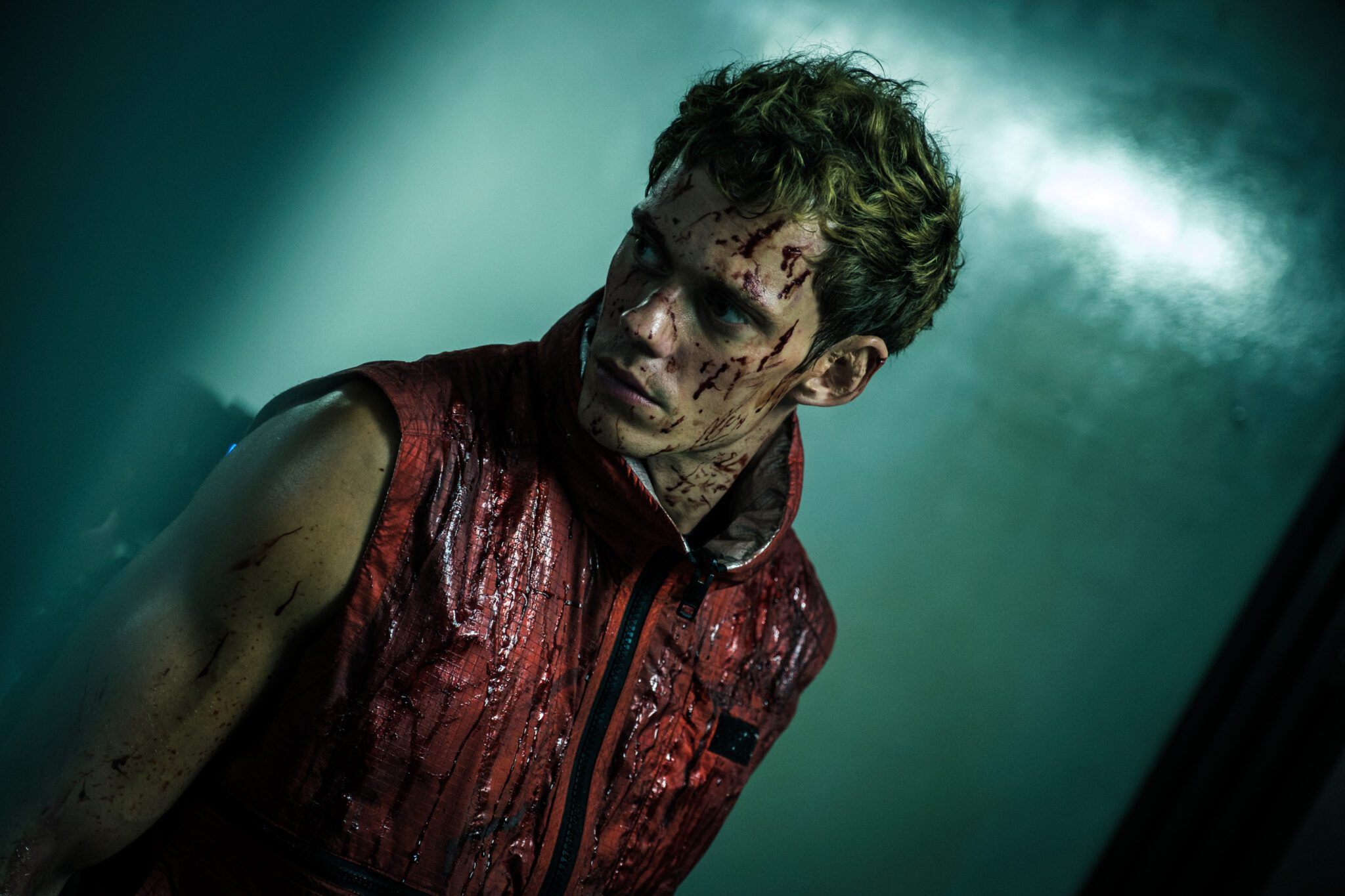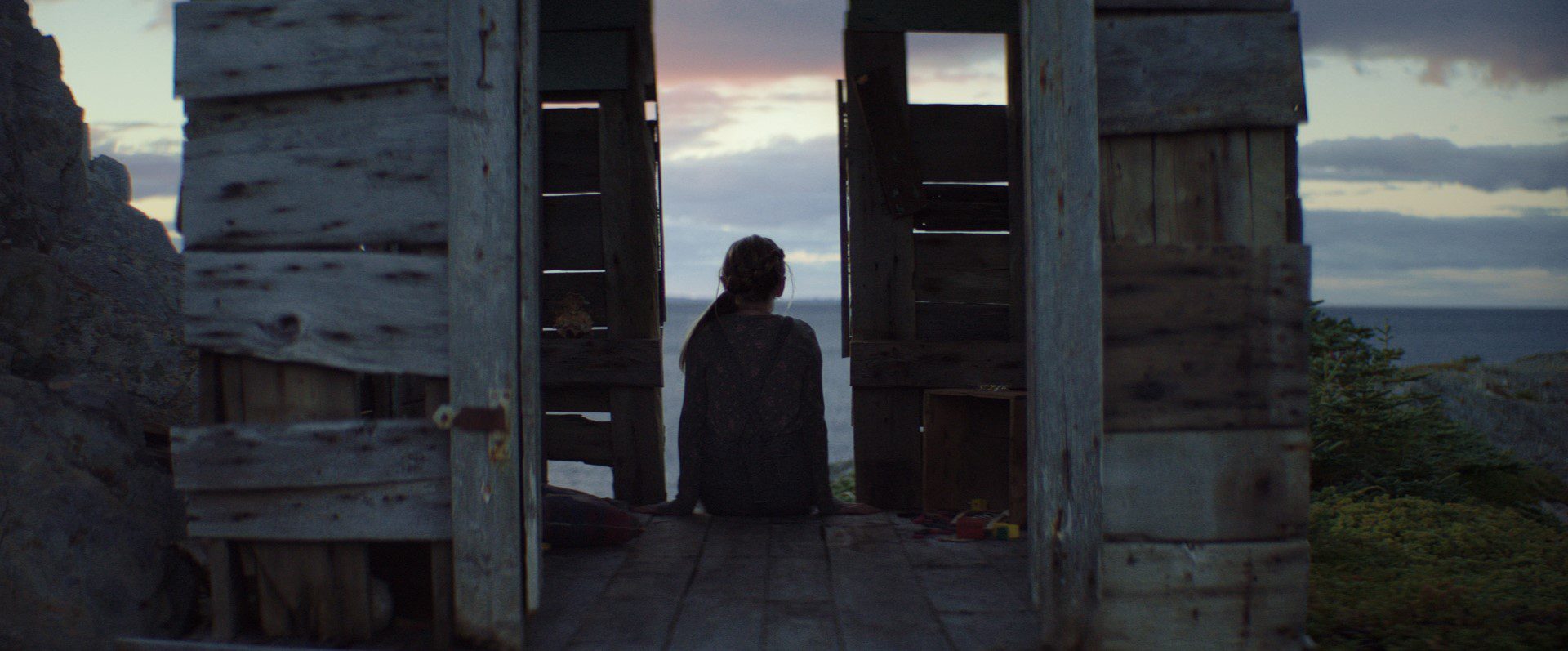?You think your self-destruction is grand theater?. You?re just a performer in your own pathetic vaudeville show.?
Legend has it that on November 3, 1953, famed Welsh poet Dylan Thomas spent the day at The White Horse Tavern in New York. When he got back to his hotel, he claimed to have had 18 double whiskeys, which he considered a record. Soon he collapsed into a coma from which he did not recover. Last Call is a dark, yet poetic fictive version of that last day (and via flashbacks his family life and the weeks leading up to that fateful day). It should be noted that this is not meant as a biographical film in any factual sense. This is much more about trying to capture ?the truth of the person? rather than events.
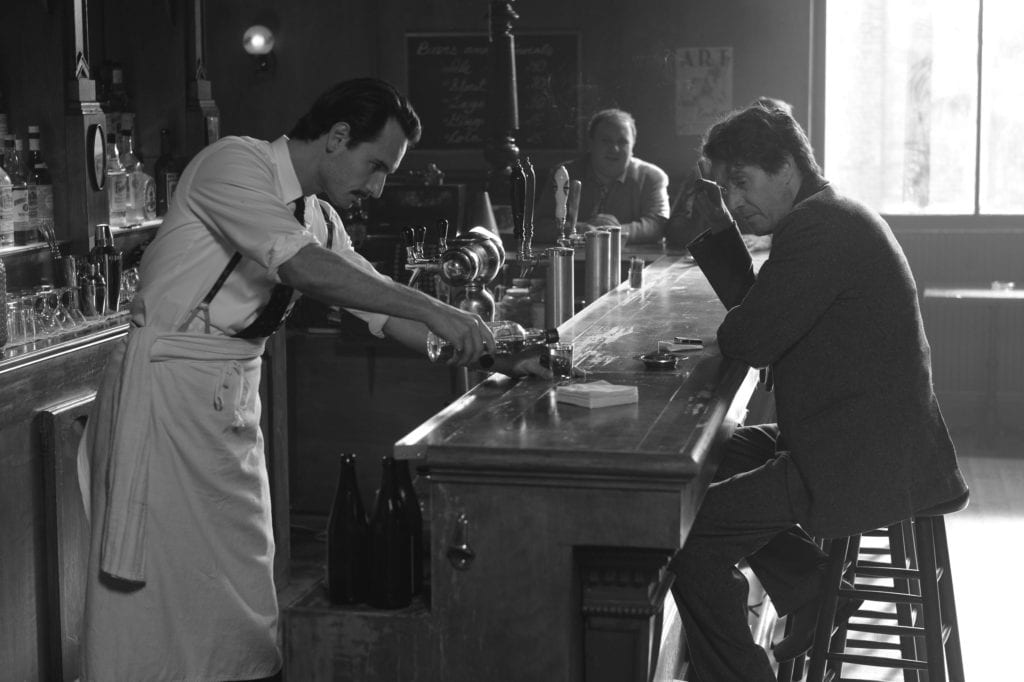
Thomas (Rhys Ifans), one of the most influential poets of the 20th century, is in the US for a lecture tour. At various colleges he is worshipped by the crowds (mostly young women). Yet, he is far from happy. He is a mixture of insecurity, narcissism, and alcoholism. On the day in question, he goes to the White Horse at 9:00 am and orders a double. When it comes he begins to tell the bartender Carlos (Rodrigo Santoro) and others at the bar that drinks need to have names to be more than just a drink. So with each of the 18 double shots that Carlos pours for him through the day and night, he christens it with some aspect of life. Drink number one is innocence, number two is enthusiasm, and he continues hitting on hope, faith, disappointment, death, resurrection, success, disappointment, and many other bits of wisdom. As he names each drink, he pontificates to those present about each aspect of life?and especially about how his life is playing out as a tragedy.
Between these various scenes in the bar, we flashback (and occasionally forward) to episodes either on the tour or with his wife in Wales. (One of the affectations of the film is that everything in the US is in black and white, everything in Wales is in color. That leads to a few interesting hybrid scenes when he hallucinates his wife, who is still in Wales, speaking to him in the bar.) In those scenes various supporting characters show us much of the failure in Thomas?s life.
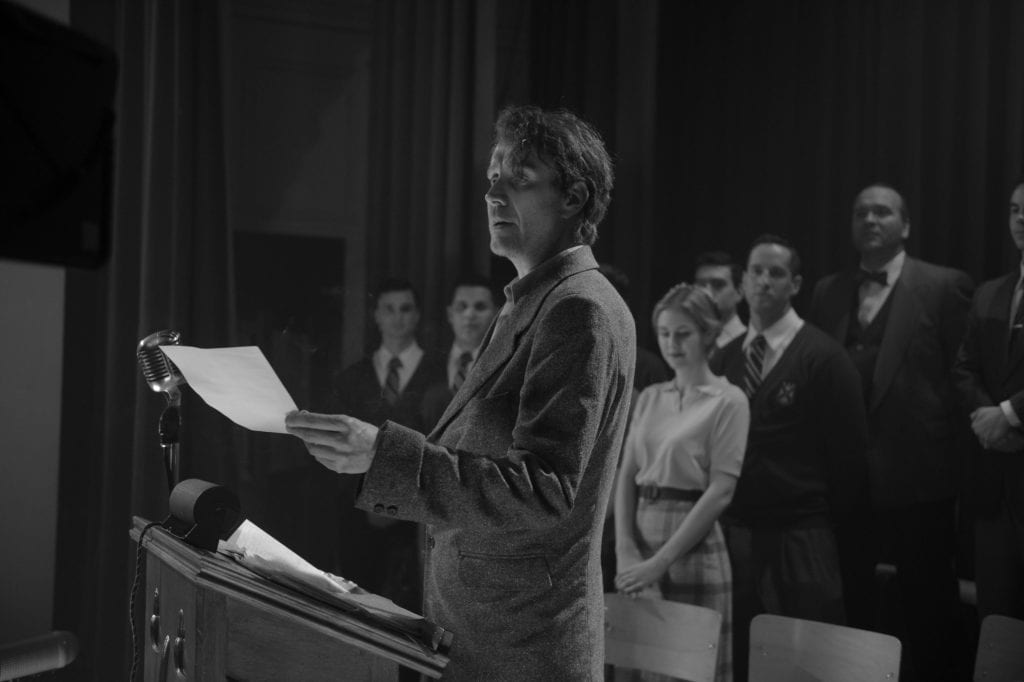
Writer/director Steven Bernstein say the film is ?a kind of long poem?. Other than when Thomas is reading his poems on the tour, the words all come from Bernstein, but they are written with the same kind of free verse cadence as we might expect from Dylan Thomas. We first note the poetic aspect of the film when in the first scene we hear Dr. Felton (John Malkovich) tell his friend ?I?m not one for poetry.? Yet as he explains why he doesn?t care for poems, he is being very poetic. Bernstein fills the film with such poetic language.
There is also a bit of visual poetry, most noticeable in scenes where Carlos dances (once with a mop in the background as Thomas speechifies and later a bit of a tango with a young fan of Thomas?s) or during a scene where Dr. Felton performs an autopsy on Thomas as various onlookers pass out.
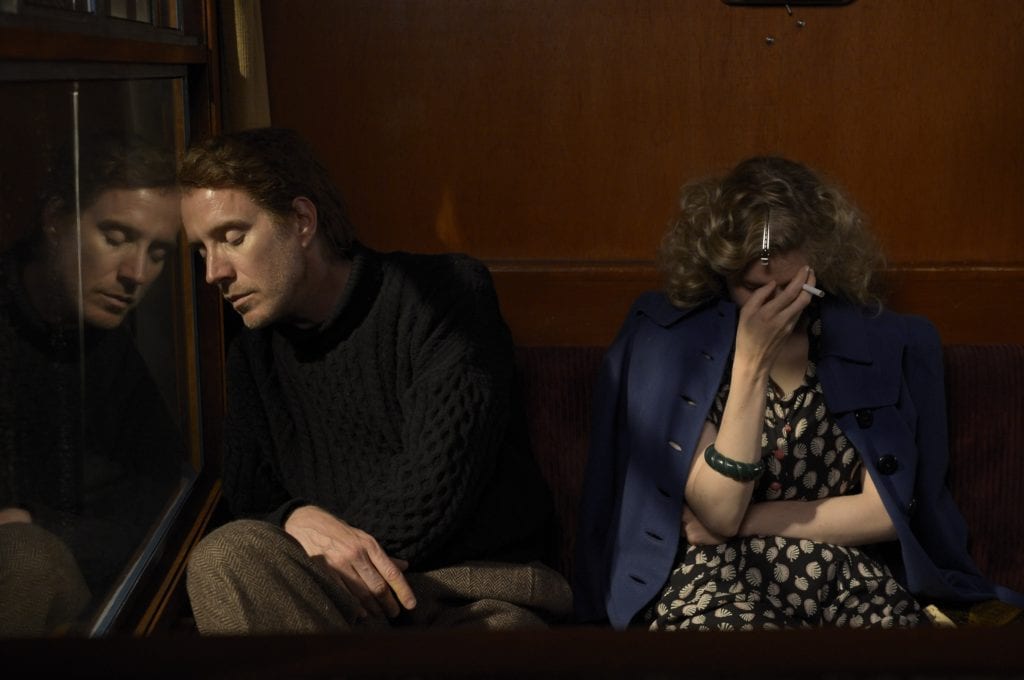
The use of color scenes amidst all the black and white scenes is also a kind of visual poetry. Those color scenes, all set in Wales, reflect Thomas?s concept of home and love. Yet, it is something he struggles to accept and to give. Those scenes include times of intimacy with his wife, but also of distance, such as his wife?s letters to him begging him to send money for the family.
While the film shows us a variety of relationships that Thomas has, for me the most interesting side character is Carlos. He serves not just as the one who keeps filling Thomas?s glass, but as a foil to his ideas. Thomas obviously thinks of him as an uneducated servant. But it turns out he is very well educated, quoting Shakespeare and Aquinas freely. While others look at Thomas with awe, Carlos sees him as a fraud. He tells Thomas that for all his words, there?s nothing there. For all his fame and success as a writer, he is a failure as a human being.
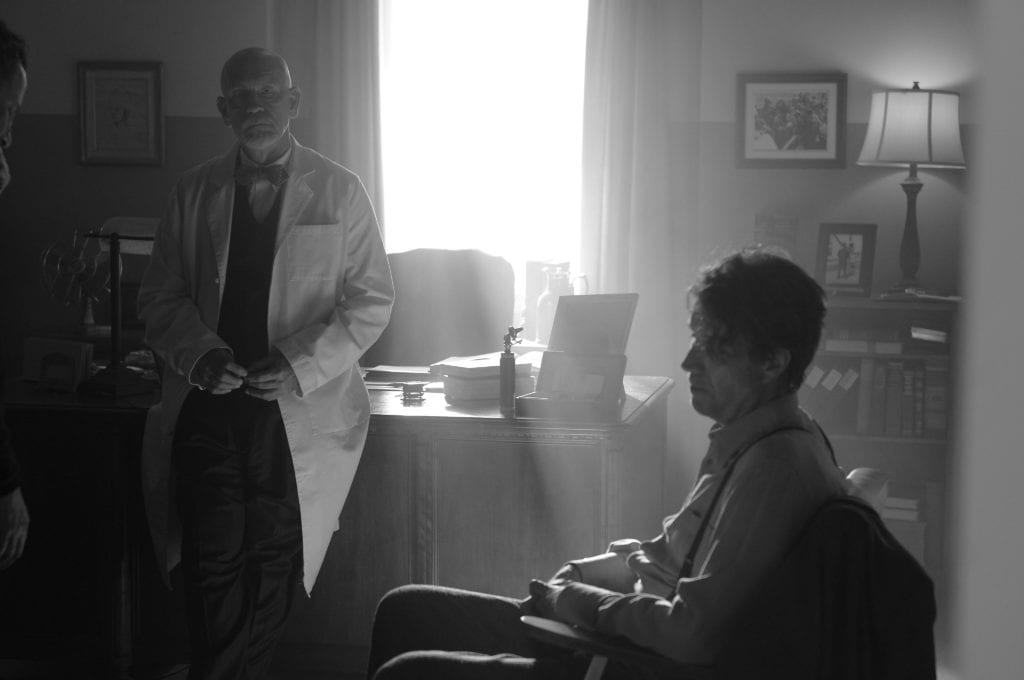
There is a certain irony of watching Thomas seemingly drink himself to death. One of his most famous poems is ?Do Not Go Gentle into That Good Night?, which speaks of fighting against impending death. (We hear the poem being read on the lecture tour.) Yet the man we see in this film seems to be challenging death to take him. In one scene with Dr. Felton, the doctor asks him ?Do you want to die?? over and over. It is a question Thomas fails to answer. Unlike the words of Dylan Thomas in the poem, the character in this film is far from raging ?against the dying of the light?. He rages, but seemingly at life itself.
Last Call is showing in select theaters.
Photos courtesy of K Street Pictures.

